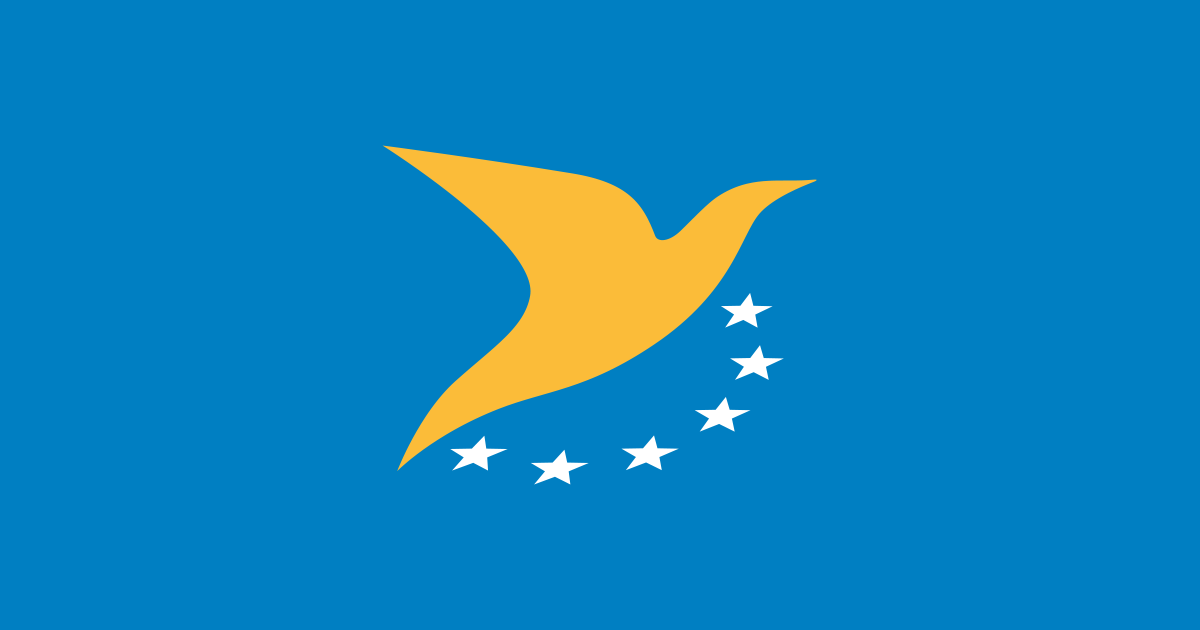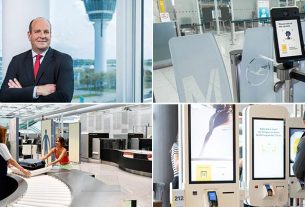COLOGNE, September 4, 2025 — The European Union Aviation Safety Agency (EASA) released the results of a survey on Ethics for Artificial Intelligence in Aviation, timing its release to coincide with its annual “AI Days” event. The report captures the views of aviation professionals across Europe on the ethical dimensions of deploying AI in aviation operations.
The third edition of the AI Days event was held in Cologne on August 27-28. Almost 200 aviation professionals from all over the world attended the event on-site, and even more online, to reflect on AI in Aviation.
In a keynote speech, Christine Berg, Head of Unit – Aviation Safety at the European Commission (DG MOVE) presented the wider European context for AI adoption, noting that Europe’s AI Act represents the world’s first comprehensive legal framework for artificial intelligence.
“In the transport domain, AI is already more than theory,” Berg said. “It is being deployed to optimise traffic flows, enhance predictive maintenance, and enable autonomous systems. The potential is vast. But so are the safety and certification challenges.
“Aviation is safety-critical by definition. This means we need systems that are not only intelligent, but also explainable, reliable, and certifiable. EASA’s work — including its AI roadmap and guidance on machine learning assurance levels — is essential in addressing these questions.”
The survey on the ethical aspects of AI presented a further facet of EASA’s approach.
The survey explored eight hypothetical AI application scenarios, measuring levels of comfort, trust, and acceptance. Results showed a balanced perspective: on average, professionals rated their acceptance of AI at 4.4 out of 7, reflecting cautious optimism about its potential while raising concerns about its risks.
Key findings include:
- Diverse acceptance levels: approximately two-thirds of respondents expressed reservations, rejecting at least one AI scenario.
- Top concerns identified: limits of AI performance, data protection and privacy, accountability, and possible safety implications.
- Clear call for oversight: a strong majority underlined the need for robust regulation and supervision by EASA and national aviation authorities to guide safe and responsible AI integration.
- Concern about de-skilling: participants were concerned that human knowledge and abilities could degrade if AI took over tasks partially or fully.
Commenting on the report, Guillaume Soudain, EASA AI Programme Manager said:
“AI offers tremendous opportunities to improve aviation safety and efficiency, but trust is critical. This survey underscores the importance of a balanced regulatory framework—one that ensures the highest level of safety for citizens while also fostering innovation and competitiveness in Europe’s aviation sector.”
The AI Days this year began with a pre-event: a dedicated training session for international aviation authorities that brought together representatives from Europe, Asia Pacific and Latin America. The aim was to bring these organisations up to speed on the contents of the EASA AI Roadmap contents.
In the wider conference, the EASA AI Programme team shared the development of the work completed over the last year on AI Assurance, Human Factors and Ethics-based assessment. A set of workshops with the on-site participants allowed EASA to gather direct feedback from the industry, authorities, research centres and universities and canvass their views on what EASA should reinforce and further develop in the future.
Flash talks from the FAA and EUROCAE provided a broader perspective on ways to apply AI aviation developments and reinforced the collaborative spirit between these organisations and EASA.
The second day of the conference focused on Innovation and Research. Two case studies highlighted how industry is working with EASA through an arrangement known as an Innovation Partnership Contract, which allows exploration of real-life solutions. Boeing shared its investigation of an auto-taxiing AI-based system and the Lufthansa Group talked about its investigation of a Large Language Model (LLM)-based troubleshooting assistant. The day also included discussion panels on Human Oversight in Level 3 AI and on AI-based operational tools within approved Aviation Organisations.
Three projects being carried out under the auspices of SESAR-JU were presented and discussed: JARVIS ‘Just a Rather Very Intelligent System by Collins, DARWIN ‘Digital Assistants for Reducing Workload & Collaboration by Honeywell and SynthAIR (Improved ATM automation and simulation through AI-based universal models for synthetic data generation) by SINTEF.
The outcomes of the discussions in the event, and the results of the ethics survey, will feed into EASA’s ongoing work under its AI Roadmap, with further public consultations planned. The Agency remains committed to ensuring that AI adoption in aviation respects ethical principles.
The full survey report is available on the EASA website: Ethics for Artificial Intelligence in Aviation – Aviation Professionals Survey Results 2024/2025 | EASA.
Recordings and presentations from the AI Days conference can be found here.



